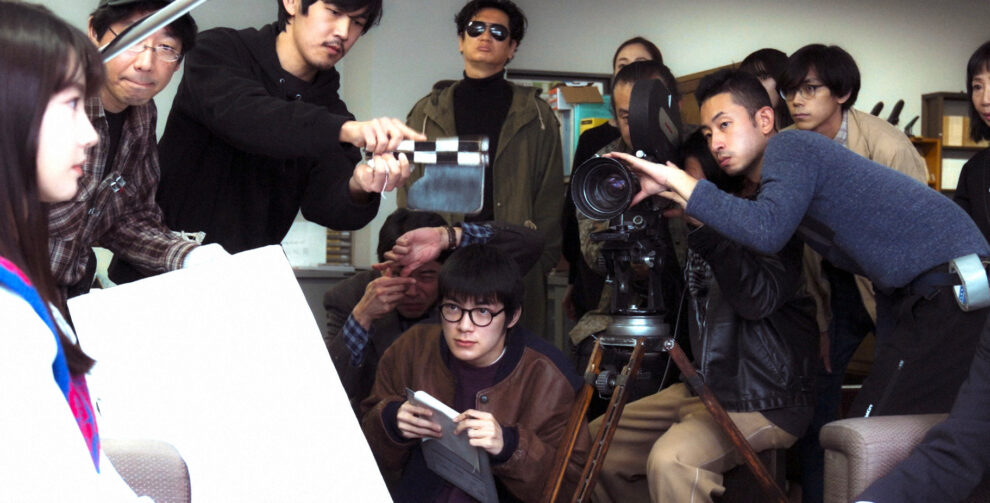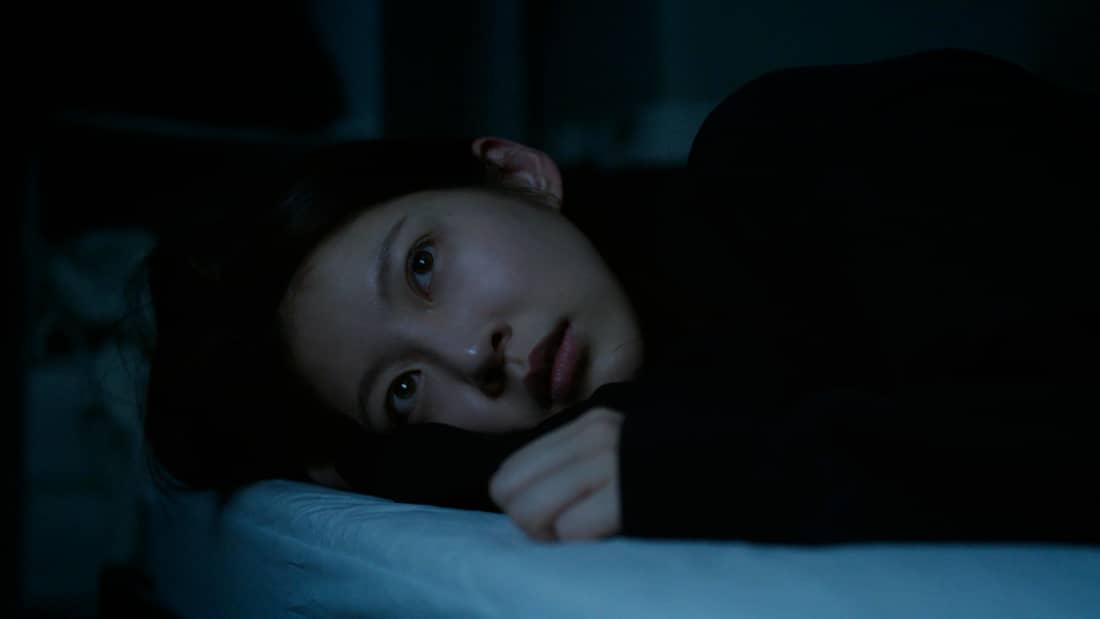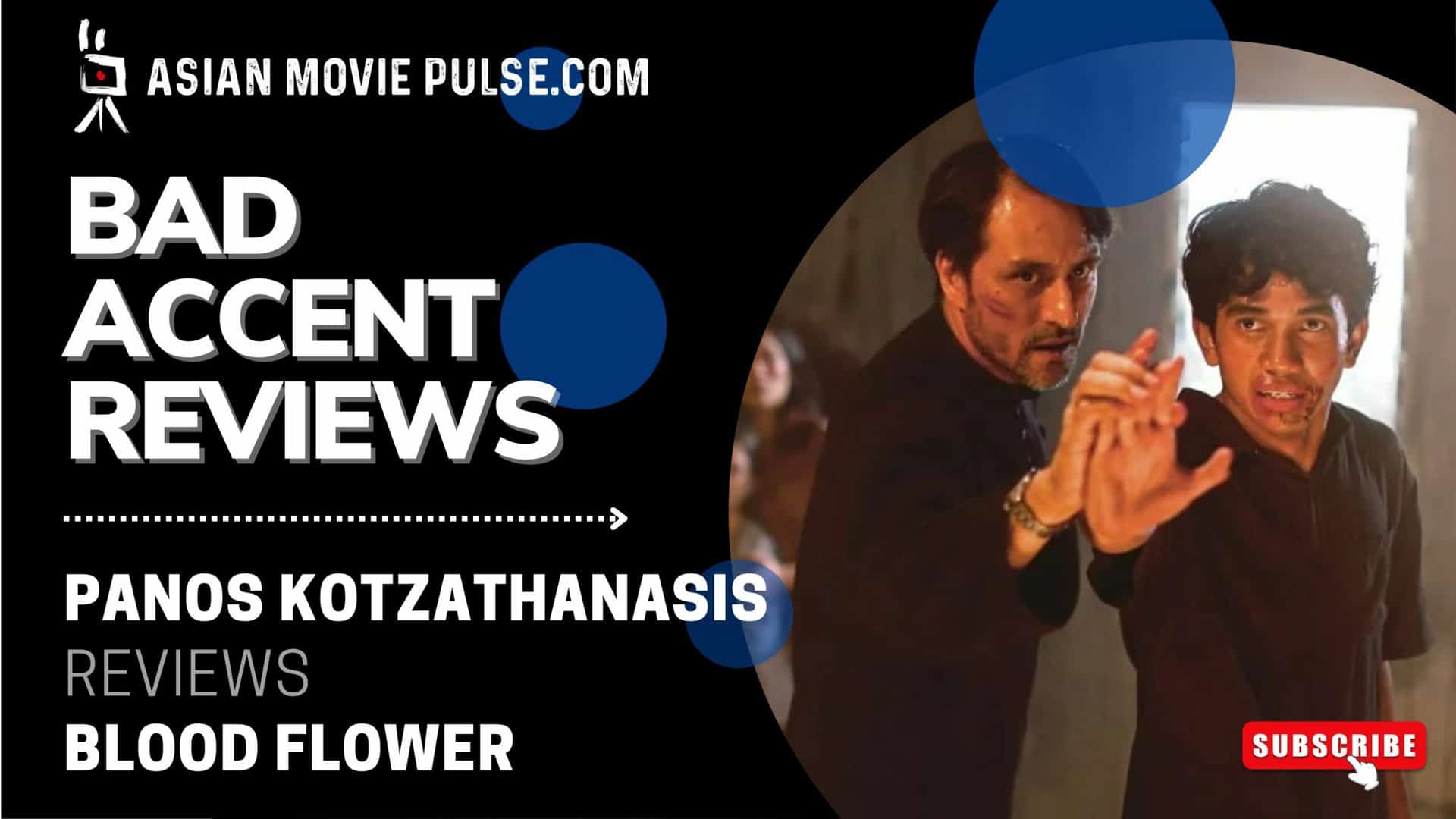Following Kazuya Shiraishi's excellent biopic “Dare to Stop Us”, which revolved around Koji Wakamatsu and his production company but essentially focused on Megumi Yoshizumi, a young aspiring director that joined the company in 1969, the sequel presents a somewhat similar story.
Hijacked Youth – Dare To Stop Us 2 is screening at Nippon Connection

This time, the setting is Nagoya in 1983, when Wakamatsu decided to open his own independent micro cinema, Cinema Skhole, and had Junji Kimata, a former programmer who was selling video equipment at the time, run it. The first part focuses on the relationship of the two and the struggles they faced in order to sustain the theater, which eventually led them to feature pinku films for the most part. The second and biggest part of the movie, though, focuses on the actual life of Junichi Inoue at the time, who dropped out of film school in order to become assistant director to Wakamatsu. A third narrative axis revolves around Noriko Kanemoto, a young Zainichi woman who also aspired to become a director, and ended up working the box office in Skhole.
If you like Dare To Stop Us 2, check the review of the first film
Junichi Inoue directs a film whose main characteristics are as obvious as they could be. The self-referential aspect is quite evident, particularly in the second part, with the director portraying himself as a starry-eyed idealist of cinema who soon found himself dealing with the harsh aspect of filmmaking and a director who both wanted to help and undermine him.
The second is the wink to film buffs of Japanese cinema, with the references to movies, directors and actors of the time being non-stop, an element that will definitely be appreciated by the particular group, which also includes this writer. Particularly the somewhat comedic ones, as the ones about Nobuhiko Obayashi, are bound to make anyone laugh, additionally because they show how harsh sometimes filmmakers can be with each other. This element is connected with another central one, with “Dare to Stop Us 2” functioning frequently as a tribute to the independent/micro cinemas, which experienced a boom at the time and were the source of a wave that hit a bit later on.
The sum of all the aforementioned derives and leads to Koji Wakamatsu, with the film also working as a tribute to him, although in no way can it be characterized as hagiography. The director is repeatedly presented as overly harsh, cheap, opportunistic and definitely in the heyday of his career and skill. The ambiguity around him is palpable, as he both helped and exploited people, although his impact in Japanese cinema is evident throughout the movie.
Aesthetically, the permeating nostalgia for an era that cinemas were still in their heyday definitely adds to the entertainment the movie offers, as much as the focus on lesser known figures that surrounded Wakamatsu. DP Takahiro Tsutai plays with the concept through both his framing and the combination of lighting and coloring, with the presentation of the era being quite accurate.
In that last regard, the acting is also on a high level. Arata Iura is a constant source of entertainment with his accurately over-the-top portrayal of Wakamatsu, but Masahiro Higashide as Junji Kimata and Rairu Sugita as Junichi Inoue also give memorable performances. Haruka Inou as Noriko Kanemoto has one of the most interesting arcs, as a Zainichi woman trying to make it in the cinema world while watching Junichi taking up opportunities she would have got if she was a Japanese man, and her performance is quite good.
However, what comes across also evidently is that both this arc and her deserved more screening time on the movie. It is somewhere here that the major issue of “Dare to Stop Us 2” comes to the fore, since the individual arcs are all quite interesting, but neither the way they are joined throughout the narrative, nor the focus Inoue chose to have on some of them works that well. The issue should be attributed to Tomoko Hiruta's editing too, as the film occasionally seems disjointed and imbalanced.
Apart from these issues though, “Dare to Stop Us 2” will definitely find its appeal among film buffs, with the various tributes that make up the narrative being quite rewarding in terms of information and entertaining overall.














